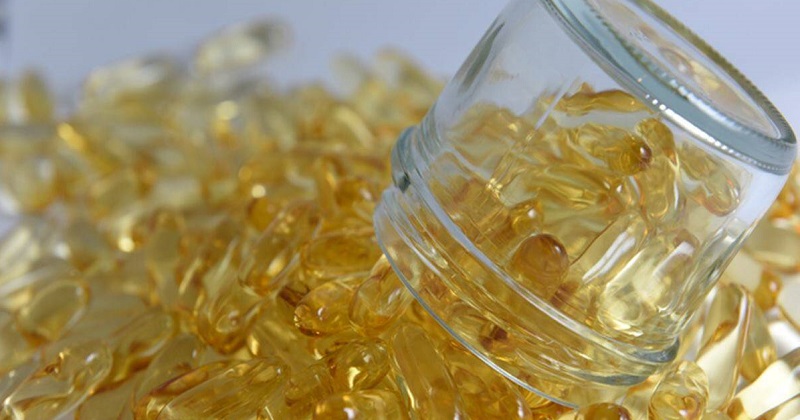
Cardiovascular disease is the major cause of mortality in India. Around 75% of fatalities are caused by heart-related problems due to high blood pressure and a poor diet. This can be caused by not eating a well-balanced diet rich in green leafy vegetables and fruits. It is more important than ever to pay attention to what we are eating.
This is where squalene may assist because our contemporary lifestyle has drastically changed our dietary patterns for the worst. Squalene is a 100 per cent natural substance with anti-cancer, anti-ageing and anti-oxidant qualities, in addition to assisting the human body in the creation of cholesterol, steroid hormones and vitamin D.
The human body contains trace levels of squalene. Newborns have the greatest levels of squalene in their blood, which gradually decreases over time. Between the ages of 30 and 40, the content of squalene in the blood reduces dramatically.
But don’t be concerned. Squalene is found in abundance in olives. Oil derived from amaranthus also contains squalene. This pseudo-grain has seeds and leaves, as well as a high oil content for a cereal. Squalene has the ability to raise good cholesterol (HDL) while decreasing bad cholesterol (LDL). Squalene supplements such as O2Live pills are also popular.
Also Read: Boost your Iron levels with these Vitamin C drinks
Other dietary modifications
Taking the following measures can help you lower your risk of heart disease:
1. Consume fried fast food and processed meals in moderation.
2. Replace saturated fats like butter, coconut oil, and cream with healthy unsaturated fats from seeds and plants like extra virgin olive oil, avocado, sunflower, canola, safflower, peanut, soybean, and sesame, as well as foods like nuts, seeds, avocado, olives, and soy.
3. In terms of quantity, consume more and also include a variety of plant foods such as vegetables, fruits and wholegrain cereal.
4. Limit your intake of refined carbohydrates with high glycaemic indexes, such as meals with added sugars.
5. Unprocessed red meats should be avoided at all costs, while other meats should be consumed in quantities of no more than 350 grammes per week. Processed meats such as sausages, ham, salami, and prosciutto should be avoided.
6. Make sure you eat legumes such as baked beans, soybeans, lentils, and tofu on a regular basis. Consume them without salt.
7. On most days of the week, instead of eating packaged fried snacks, eat a handful of raw, unsalted almonds.
8. Try to eat fish at least once a week.
9. Reduce your salt consumption. For flavour, herbs and spices should be used instead of salt at the table and in the kitchen.
10. Check the sodium level of foods and pick the ones with the least amount of sodium.
11. Make sure your cholesterol levels are under control. If your cholesterol is high, switch to low-fat or non-fat dairy products and limit yourself to seven eggs per week.
12. Reduce your alcohol consumption. Drinking too much alcohol raises blood pressure and raises triglycerides in the blood.

Post Your Comments